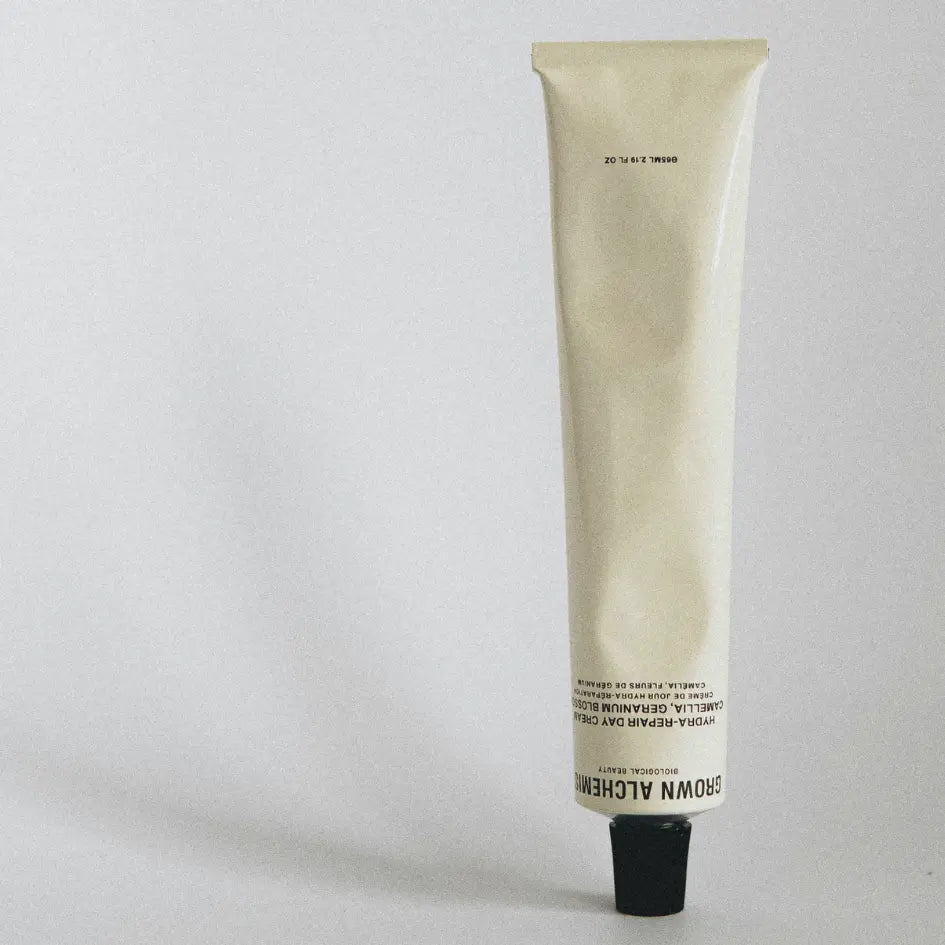Amani Saab
Our ratings are based on a scale from 1 (Avoid) to 5 (Top Choice).
See how we rate.
The Shifting Gaia rating evaluates brands based on sustainable practices, ingredients and materials, and social responsibility, among others. Below are a few factors influencing this brand's score:
overview
about
Amani Saab is a luxury fashion brand that emphasizes ethical production and sustainable practices.The brand focuses on high-quality, handcrafted pieces. Highlights
• coming soon!
sustainability
details:
Amani Saab focuses on made-to-order production, which reduces waste by only producing what is necessary, rather than mass-producing items that may not sell. This drastically reduces overproduction, a common issue in the fashion industry. Additionally, the brand uses deadstock fabrics, which are leftover materials from other manufacturers, preventing these fabrics from going to waste. This practice cuts down on resource use and promotes circularity.
Amani Saab also emphasizes the use of locally sourced labor, which reduces the carbon footprint associated with transporting goods from distant regions. Packaging is made using recycled materials and "gifting boxes" have been designed with the intention to be reused.
There are future plans to source all fabric from sustainably recognized manufacturing partners who's carbon footprint, water re-use, social and environmental impact can be measured with increased transparency.
Amani Saab is currently aiming to integrate CAD product design software and Garment fit technology to further minimize the waste in their product development process, with long term goals to achieve B Corp certification. The brand does not currently track carbon emissions.
non-toxic
details:
Aside from deadstock, sourced fabrics consist of wool, linen, and
sustainable viscose such as Bemberg, silk, and silk blends. Synthetic materials are kept them to a minimum in material assortment.
While deadstock fabrics offer sustainability benefits by repurposing leftover materials, the human health impacts of these materials depend on their original production processes, which are not always transparent. There is no dye used in the production process. Fabrics come as they are and dyeing depends on the original source.
social responsibility
details:
Amani Saab stands out in its use of local labor, supporting artisanal craftsmanship and ethical labor practices. By focusing on small-batch production and maintaining local production networks, the brand helps sustain local economies while reducing the environmental impact of long-distance logistics.
The small scare of the brand allows for direct communication and personal relationships with artisans. When possible, Amani Saab sources OEKO TEX certified fabrics to better ensure the fair treatment of workers beyond their immediate local labor network.

